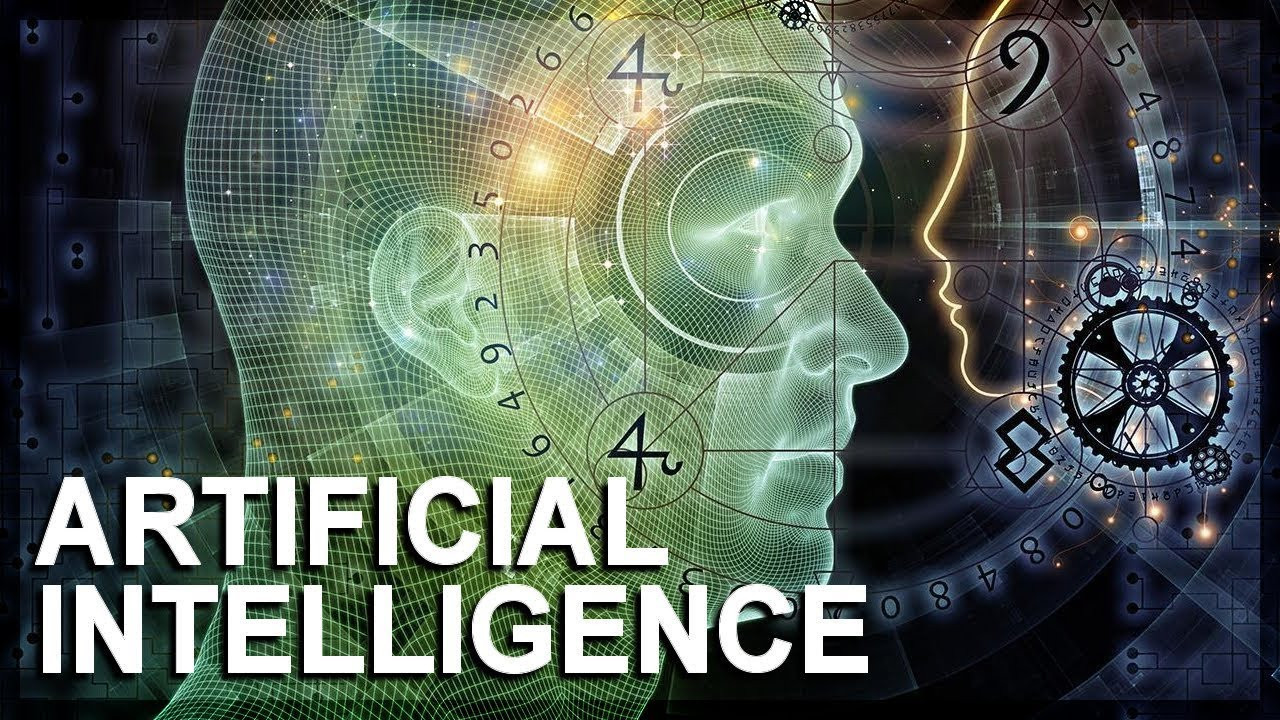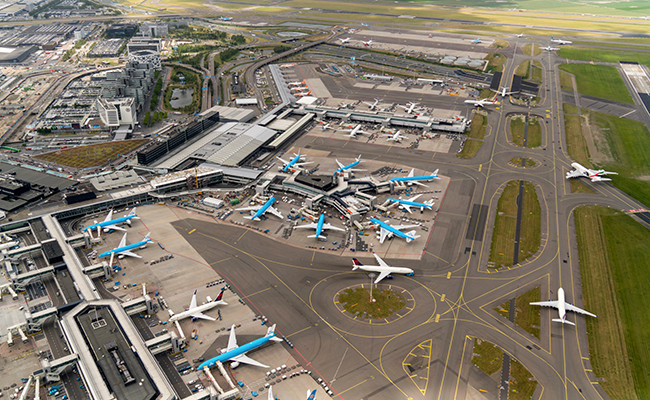AI's Expanding Horizons: From Science Fiction to Reality
Artificial intelligence (AI) has gone from a science fiction trope to a transformative force in our lives. Its influence is increasingly felt in every facet of society, from the mundane to the profound. This article delves into the fascinating world of AI, exploring its applications, potential benefits, and the ethical considerations it presents.
AI's Applications: Reshaping Industries and Everyday Life
AI is not a singular entity but a spectrum of technologies that enable machines to perform tasks that typically require human intelligence. Machine learning, a subset of AI, allows systems to learn from data and improve their performance over time. This learning ability makes AI exceptionally versatile, with applications spanning diverse fields.
Revolutionizing Healthcare
AI is revolutionizing healthcare by enhancing diagnosis, treatment, and drug discovery. Machine learning algorithms can analyze medical images with astonishing accuracy, aiding in the early detection of diseases like cancer. AI-powered robots are assisting surgeons in minimally invasive procedures, leading to faster recovery times and fewer complications. Furthermore, AI is accelerating drug development by identifying potential drug candidates and predicting their efficacy.
Transforming Finance
The financial industry is another sector undergoing a dramatic AI-driven transformation. AI algorithms are automating tasks like fraud detection, risk assessment, and customer service. Automated investment platforms leverage AI to offer personalized investment advice and manage portfolios based on individual risk profiles. AI is also revolutionizing financial trading, enabling faster and more efficient execution of trades.
Revolutionizing Transportation
Self-driving cars, powered by AI, are poised to revolutionize transportation. These vehicles rely on a complex network of sensors, cameras, and AI algorithms to navigate roads, detect obstacles, and make driving decisions. AI-powered traffic management systems can optimize traffic flow, reducing congestion and improving safety.
Enhancing Entertainment
From personalized movie recommendations to interactive gaming experiences, AI is enhancing our entertainment options. Streaming services use AI to analyze our viewing habits and suggest movies and TV shows tailored to our tastes. AI-powered game characters provide immersive and engaging experiences by responding realistically to player actions.
AI's Impact on Society: A Double-Edged Sword
The rapid adoption of AI presents both exciting possibilities and complex challenges. While AI can automate tasks, improve efficiency, and enhance our lives in countless ways, it also raises concerns about job displacement, privacy, and ethical considerations.
The Potential for Job Displacement
One of the most pressing concerns about AI is its potential to displace human workers. As AI systems become more sophisticated, they are capable of performing tasks previously considered the exclusive domain of humans. This raises questions about the future of the workforce and the need for retraining and upskilling programs to prepare for a changing job market.
Privacy Concerns
AI systems rely on vast amounts of data to learn and operate. This reliance on data raises concerns about privacy, as it can be used to track our online behavior, predict our preferences, and even manipulate our decisions. The responsible use of data and the implementation of strong privacy safeguards are crucial to ensure that AI technology is not used to violate individual privacy.
Ethical Considerations
The ethical implications of AI are multifaceted and require careful consideration. For example, the development of autonomous weapons systems raises concerns about the potential for unintended consequences and the need for robust ethical frameworks to govern their use. Furthermore, the increasing reliance on AI decision-making raises questions about accountability, transparency, and the potential for bias.
The Future of AI: Embracing the Promise While Addressing the Challenges
The future of AI holds immense promise, but it also presents significant challenges. By fostering responsible development, promoting transparency, and addressing ethical concerns, we can harness the transformative power of AI for the betterment of society.
The integration of AI into our lives is an ongoing process. It is essential to stay informed about the latest developments, engage in thoughtful discussions about its implications, and work together to shape a future where AI serves humanity's best interests.
The development of AI is not a monolithic effort. It involves collaboration between researchers, engineers, policymakers, and society as a whole. As we navigate the challenges and seize the opportunities presented by AI, it is crucial to ensure that this powerful technology is used for good. We must remember that AI is a tool, and like any tool, its use can be shaped by our values and intentions.
The future of AI is ultimately in our hands. By embracing the promise of AI while addressing its challenges, we can usher in a new era of progress and prosperity for all.

















